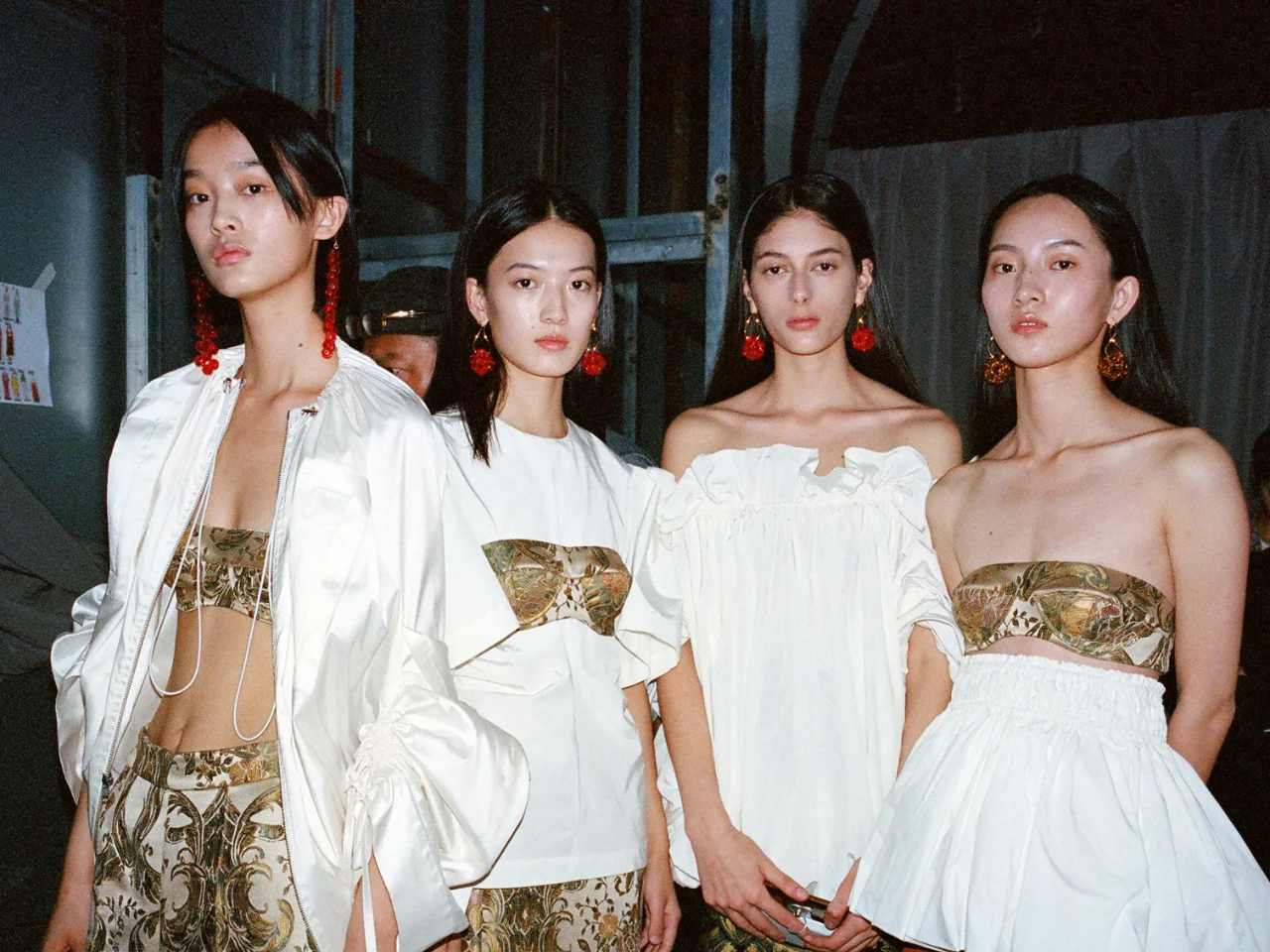Last Sunday was the second Chinese National Costume Day, intended to celebrate traditional clothing across the Chinese diaspora.
Traditional Chinese clothing has been something of a hot topic recently. Costume-hungry young people have turned the search for an iconic Chinese style of dress (like Japan’s kimono or Korea’s hanbok) into a nationwide phenomenon. Thus, Chinese National Costume Day was proposed by the Communist Youth League, and approved by the national government as an official “holiday” (you don’t get a day off, you just get to see lots of people roaming the streets in traditional dress on the third day of the third month of the lunar calendar, which this year fell this past Sunday).
Related:
 Tang Dynasty Fashion Goes ViralArticle Mar 05, 2018
Tang Dynasty Fashion Goes ViralArticle Mar 05, 2018
But the concept is more complex than it sounds. Many “Chinese” fashion styles — such as the cheongsam or the changshan — actually come from the Manchu, a foreign people who seized control of China during the Qing Dynasty. While the Manchu people in China today definitely count as Chinese, the outfit of a foreign occupier might not be great fodder for a patriotic national holiday.
And while the wearing of “Hanfu” 汉服 (literally “Han clothing”) has become popular among certain sections of Chinese youth in recent years, the decision to name this new holiday Huafu Day — 华服日 “Chinese Clothing Day” — is understandably controversial.
Critics feel that the definition of what constitutes a “Chinese National Costume” is unclear, and can’t accurately represent a common Chinese national identity. Others find that the huge presence of Han Chinese clothing in the holiday overshadows the traditional clothing of other ethnic minorities.
Related:
 Who’s Chinese? The Farmer-Turned-Livestreaming Star Who’s Challenging China’s Ideas of Racial IdentityWith his viral videos of life on a dongbei farm, ethnically Russian livestreamer “Uncle Petrov” has become a star, but he’s also sparking debate around what it means to be “Chinese”Article Apr 04, 2019
Who’s Chinese? The Farmer-Turned-Livestreaming Star Who’s Challenging China’s Ideas of Racial IdentityWith his viral videos of life on a dongbei farm, ethnically Russian livestreamer “Uncle Petrov” has become a star, but he’s also sparking debate around what it means to be “Chinese”Article Apr 04, 2019
A New York Times article on the phenomenon last year noted,
“Hanfu followers’ dedication to celebrating Han identity can spill into chauvinism and patronizing attitudes toward China’s ethnic minorities, like Uighurs and Tibetans.”
The piece also pointed out however, that, “followers differ over whether Hanfu is primarily about ethnic assertion, instilling ancient values, or simply making a bold fashion statement in a gown embroidered with dragons or flowers.”
Regardless, with endorsement from the powers that be, it doesn’t look as though Huafu Day will be going away any time soon. Hopefully the concurrent conversations about identity will be allowed to remain too.


















